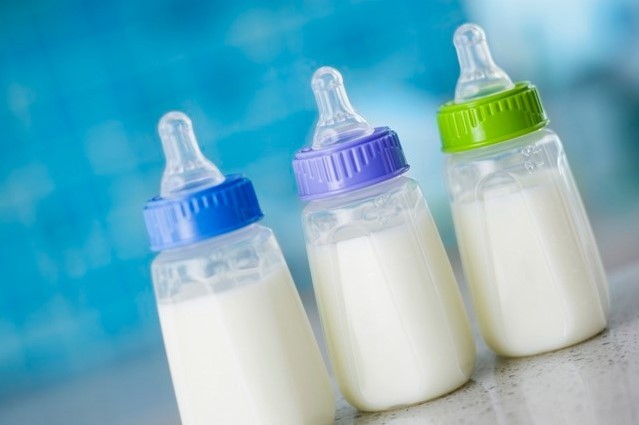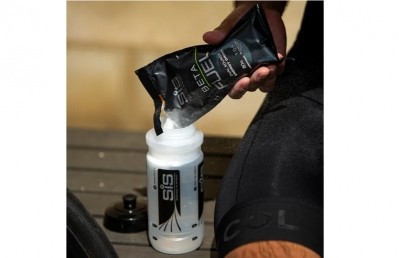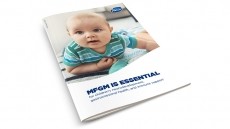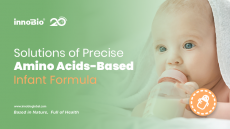Nestlé report aims to ‘hold ourselves accountable’ in infant formula marketing

Titled, ‘Leading the way: Responsible Marketing of Breast Milk Substitutes 2020 Report,’ the report details monitoring activities and audits undertaken and includes the introduction of the “Speak Up” initiative in 2021.
The system encourages external stakeholders and employees to report potential instances of non-compliance with Nestlé’s business practices that include WHO Code-related matters.
"Nestlé values the trust our consumers place in us, and we seek to maintain this trust through our commitment to a strong ethical culture,” comments Leanne Geale, Head of Group Legal, Corporate Governance and Compliance.
“Nestlé actively encourages employees, business partners and stakeholders to report non-compliant behaviour so we can act decisively and prevent their recurrence."
Other measures in place include greater scrutiny via the FTSE4Good Index and Access to Nutrition Initiative (ATNI), which measure industry performance and help identify areas for improvement.
ATNI rankings
In June, the ATNI announced that Danone has topped the 2021 list of Breast Milk Substitute (BMS) makers, with a score of 68%, up substantially from its score of 46% in 2018.
The French multinational recently made available its own report documenting its approach to the marketing of baby and infant formula.
Nestlé achieved second place with a score of 57%, a repeat of its position back in 2018, when the Global Index was last determined and where the corporation scored 45%.
“These external monitoring processes are instrumental to the credibility of our WHO Code compliance framework, and we voluntarily submit our practices for external verification,” Nestlé says.
“We actively participate in both processes and be included in the industry benchmark, helping stakeholders better understand the business and marketing complexities.”
Nestlé has been the subject of investigations by consumer groups, which accuse the firm of breaching the World Health Organization (WHO) Marketing Code on occasions in different countries.
In 2018, accusations were levelled at Nestlé that claimed the Swiss corporate giants misled consumers with nutritional claims about its infant formula products, flouting ethical marketing codes in the process.
The report looked into how Nestlé marketed its infant milk formula across the world, where it found ingredient and nutritional health claims appeared to follow marketing strategies instead of scientific evidence.
Research as a marketing tool?
Changing Markets Foundation and Globalization Monitor—the report’s authors—poured scorn on the firm’s self-proclaimed commitment to science as they cited examples of nutritional research being used as a marketing tool rather than prioritising children’s health.
In an industry response at the time, Brussels-based International Special Dietary Foods Industries (ISDI), challenged the findings of the report, citing an earlier response to a similar campaign back in November 2017.
The campaign accused four leading manufacturers of milk formulas of boosting profits by exploiting parents’ desire to give the best possible nutrition to their offspring.
“As a result of national and international legislation and standards, the infant formula sector is one of the most rigorously regulated food sectors in the world,” the statement read.
“Regulatory authorities enforce these legislative requirements in all markets the infant food industry is active in, with strict and continuous oversight of all production and marketing activities.
“When marketing follow-up formula and growing-up milk, our industry agrees that it needs to be ethical, unambiguous and done transparently. The marketing of formula should also contribute to the provision of safe and adequate nutrition for infants by ensuring the proper use of formula, when necessary, on the basis of providing appropriate education and adequate information.”
Commenting on Nestlé’s latest report, Béatrice Guillaume-Grabisch, Executive Vice President and Group WHO Code Ombudsperson adds, “This report demonstrates how we hold ourselves accountable by transparently sharing instances of non-compliance and how we address them.














